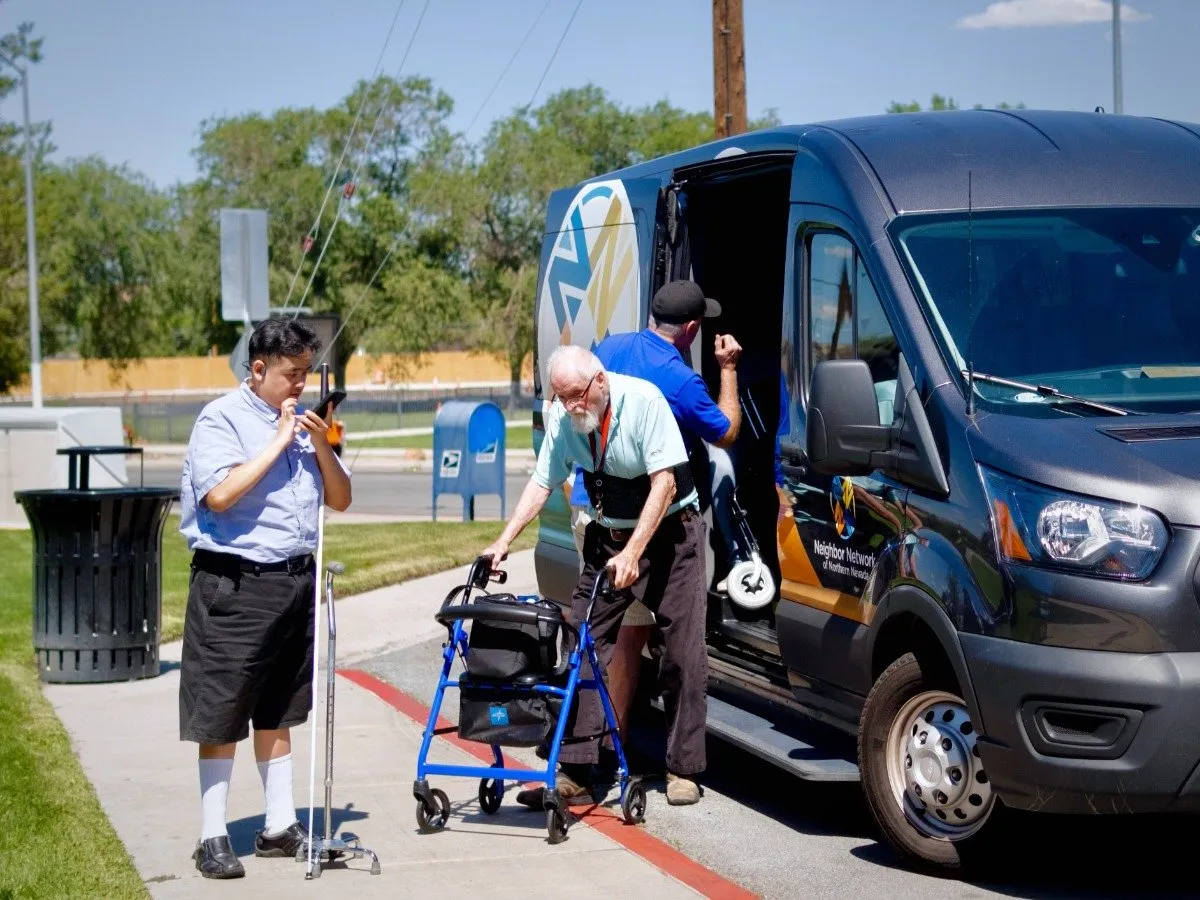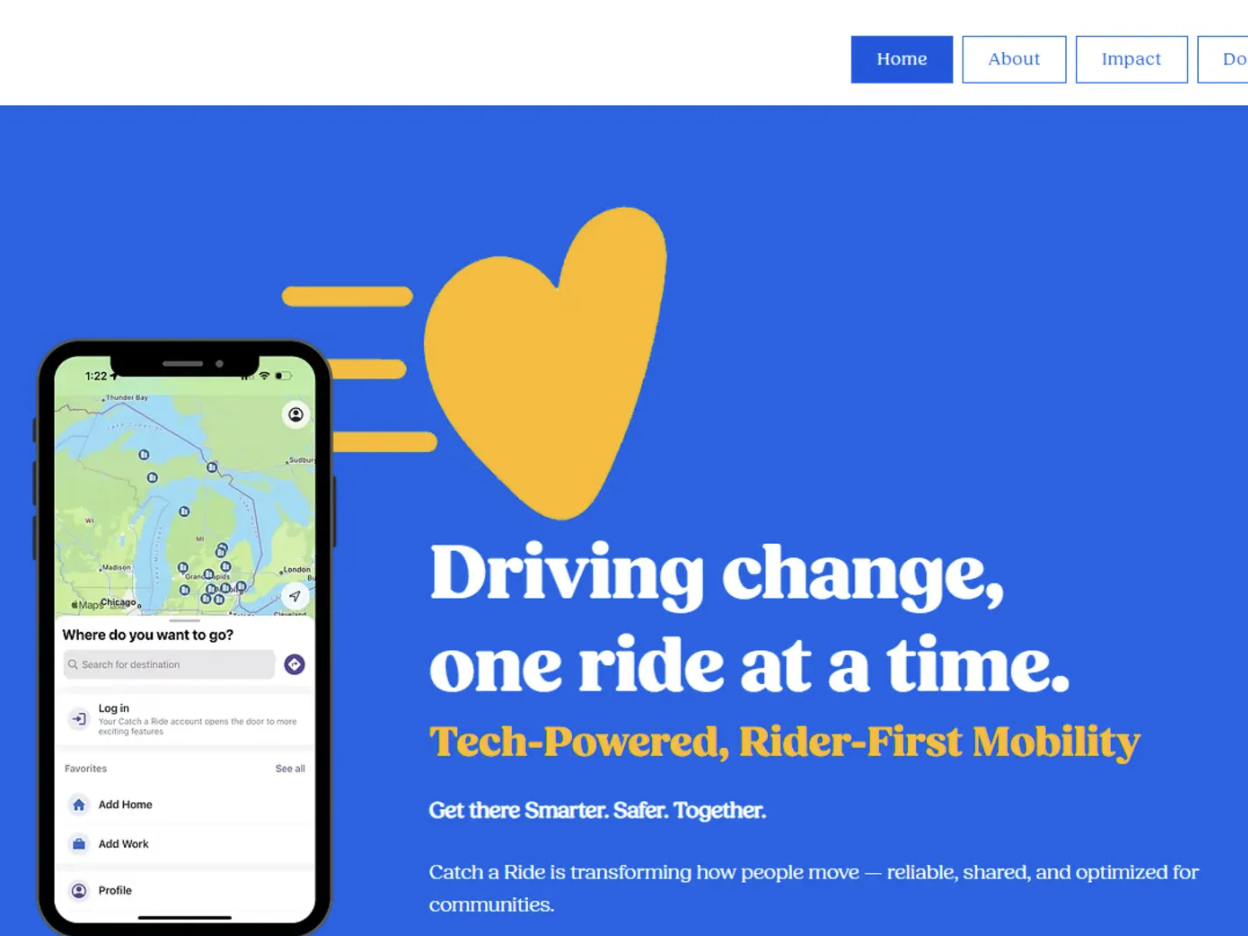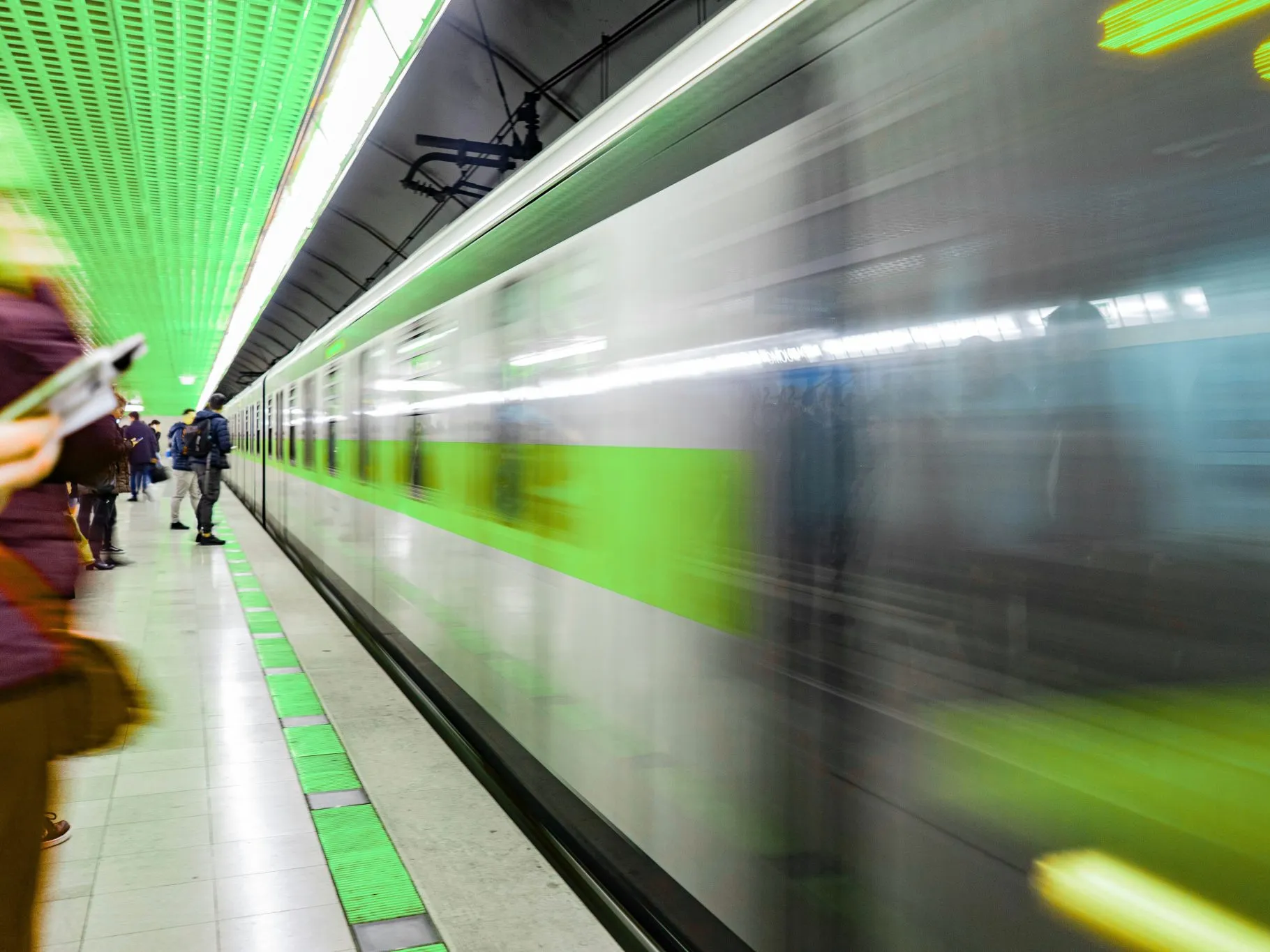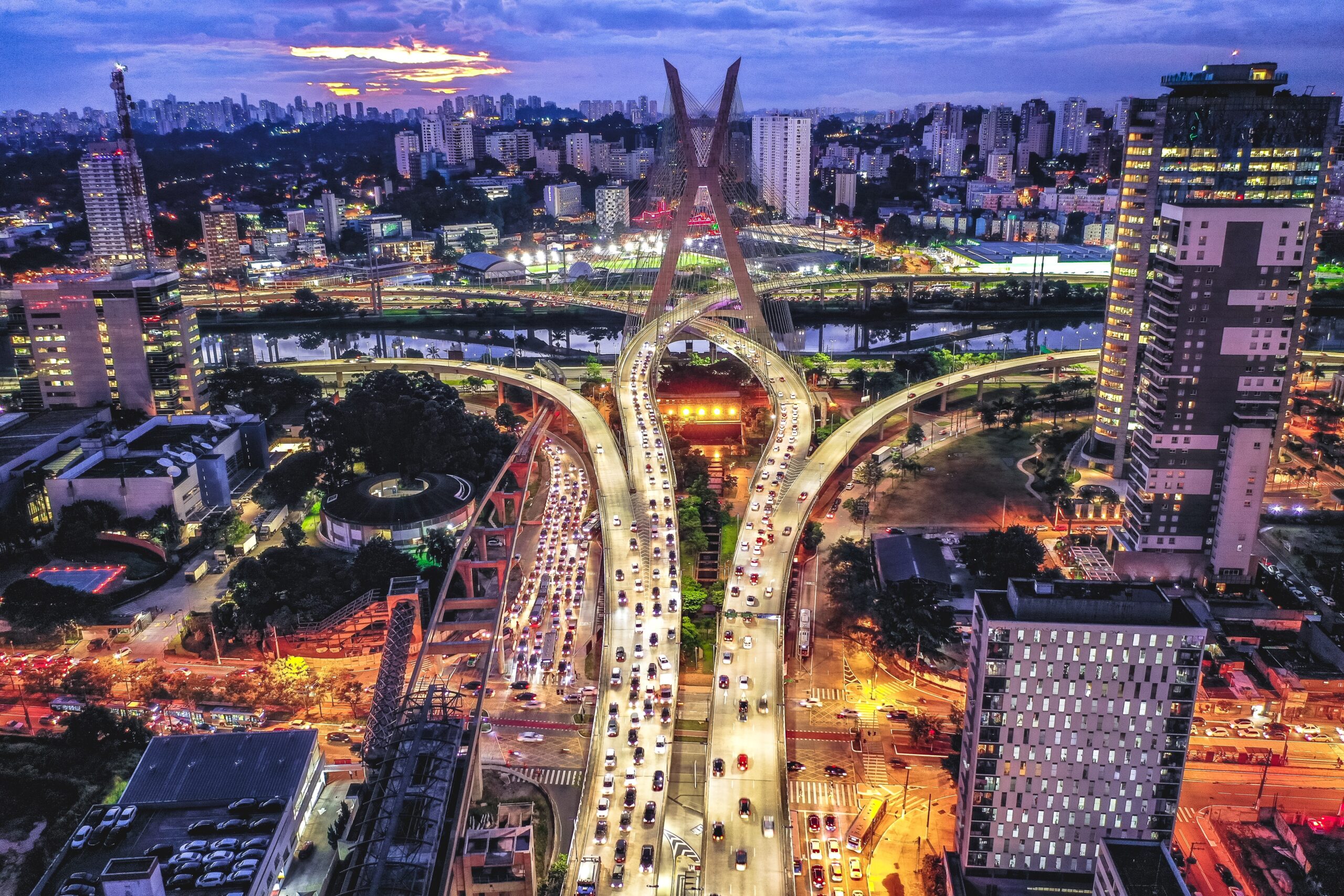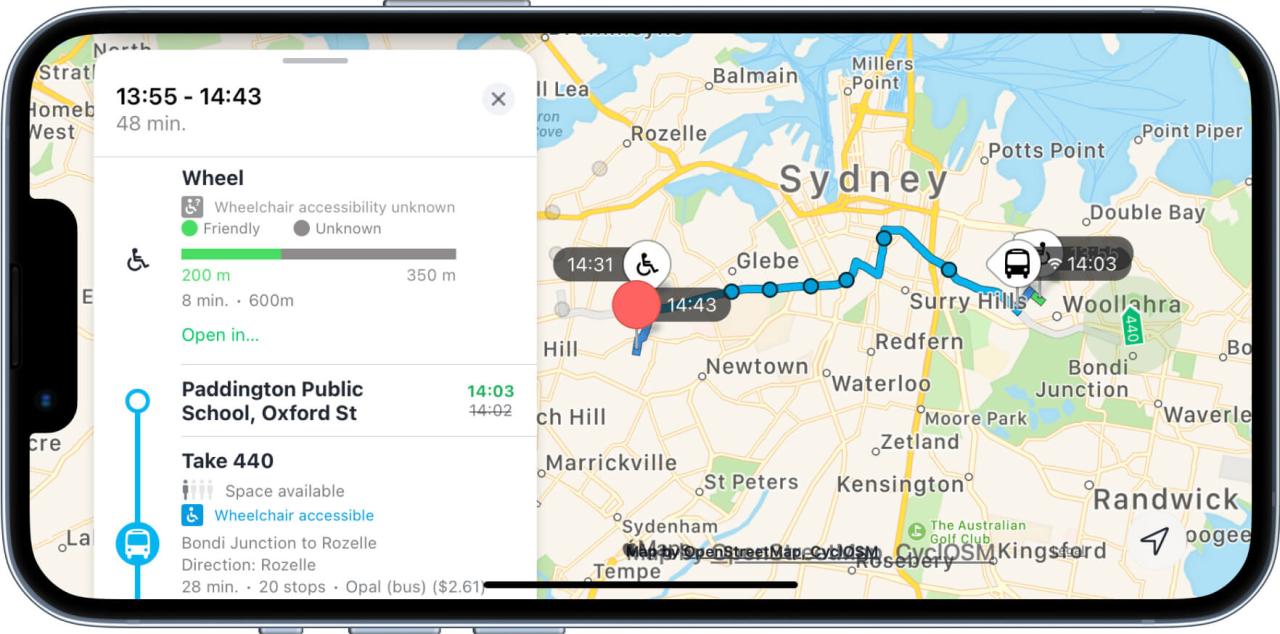5 Public Purpose Challenges MaaS Supports
The societal issues on political agendas are both broad and complex, with many competing demands for resources. Governments often find themselves in a dilemma when it comes to decision-making, as there’s always a tradeoff of one option over another. Obtaining desired outcomes is difficult. It’s a balancing act and requires leveraging partnerships, community engagement, public policy, regulation, funding and much more.
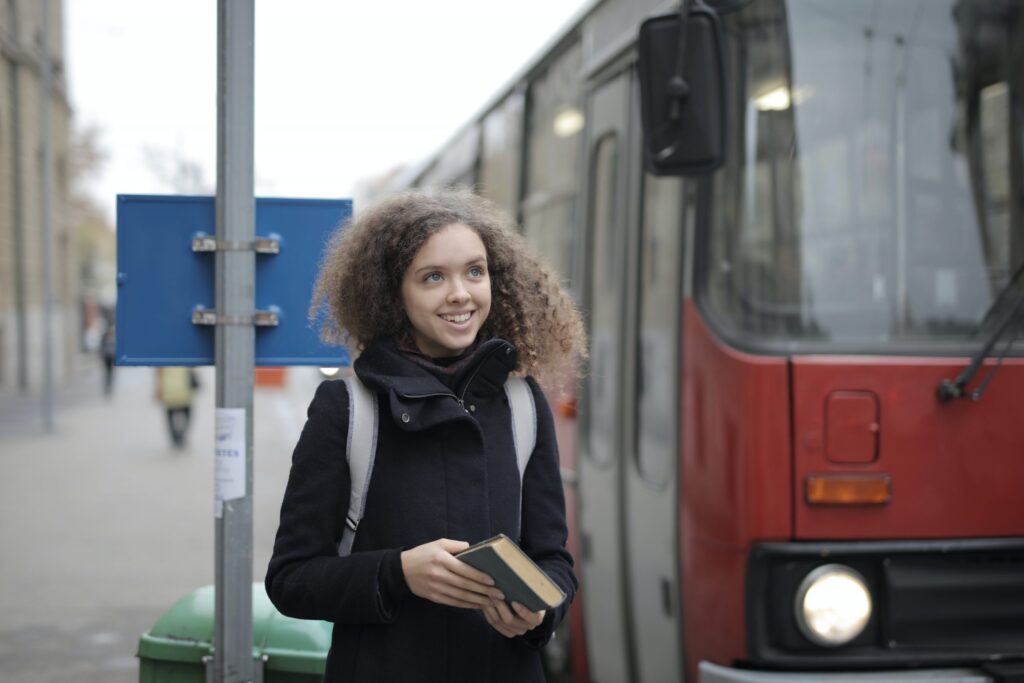
In our increasingly digital world, public purpose technology (PPT) is one such lever which can help to address these big issues. Mobility is an example of the many public needs. Given its public purpose nature, mobility as a service (MaaS) is well placed to assist with some of the challenges we face in this sphere. Here are five ways it could help:
1. Support a Fairer Mobility Ecosystem
Transport inequality is a major problem in our society. MaaS can support people with limited mobility and visual impairment, the elderly, parents with children and low-income families, making transport more inclusive. Accessibility features in MaaS apps, such as wheelchair-friendly routing and footpaths, crowding information for public transport, free or reduced-price ticketing, and apps that are screen reader friendly, help local governments support underserved communities. SkedGo’s MaaS technology is very flexible and can adapt to the needs of organisations and citizens – our work with Feonix – Mobility Rising in the US is a good example of this in action. It’s providing the means to address mobility insecurity in communities that may not have access (or only limited access) to technology.
Further reading:
2. Promote Take-up of Sustainable Travel
Governments across the globe have committed to tackling climate change, of which transport is one of the biggest contributors. MaaS apps can promote sustainable mobility options to help reduce carbon emissions. Seeing the CO2 impact of trip alternatives in the app allows users to gage the footprint of their transport choices. The ability to integrate incentives into the platform means users can be encouraged to leave their car at home in favour of public transport, micromobility, cycling or walking, to help shift commuter behaviour towards sustainable travel. Our work with Leicester City Council is aiming to improve air quality by encouraging a modal shift.
Further reading:
- The importance of public purpose technology in tackling transport inequality and sustainability
- Can MaaS use personalised incentives to help lower carbon emissions?
3. Encourage Better Health through Mobility Choices
A sedentary lifestyle isn’t good for our health and can store up problems for the future. We all know we should include exercise in our daily routine but we often can’t find the time. Life just gets in the way. MaaS and MaaS apps can help to encourage people to make better choices through active travel. Cycle and footpath mapping allow trip chains to prioritise biking or walking. Knowing the ‘friendliness’ of the terrain can support decisions on which route to take, with the ability to adjust personal cycling or walking speed settings and to see the number of calories burnt.
Further reading:
4. Improve the Quality of Life for Citizens
MaaS provides an interconnected suite of mobility options, which can help local governments deliver better services to citizens. With flexible mixed-multimodal journey management features, it combines all available transport modes. MaaS apps allow users to book and purchase tickets, optimise routes and make changes mid-journey. Trip itineraries consider personal preferences. Intelligent routing algorithms provide real-time tailored search results based on a range of criteria chosen by the user, such as cost, mode, speed, comfort, exercise or carbon emissions. This allows users to get from A to B hassle free, so they have more time to do what they enjoy. Therefore, quality of life is enhanced not only by supporting a more active and healthier lifestyle, but also a reduction in stress and more time to spend with loved ones.
Further reading:
- Personalised MaaS: the next big thing?
- MaaS use cases: the entertainment, lifestyle and social planning assistant
5. Optimise Cities and Support Decision Making
MaaS can open up new insights into travel behaviour for local governments and transport authorities. Using mobility data, authorities can track transport usage and compare results over different time periods. This helps them to make the best use of mobility assets. It can also help stakeholders monitor the transport ecosystem for bottlenecks and disruptions so they can reroute passengers during busy periods or in case of accidents or infrastructure breakdowns. Using predictive maintenance can even determine issues before they arise. Mobility data is an important tool. It can support new business models and help to provide better services, address noise pollution and air quality, and encourage change in user behaviour. This makes for better decisions that are in the best interests of citizens, communities and the environment.
Further reading:
Addressing Public Needs
Creating a mobility ecosystem that serves everyone in society is integral to the purpose of MaaS. After all, it’s a basic human need to be able to move around easily and safely. MaaS can provide tools to help citizens navigate the often complex and bewildering world of transport, making travel less stressful and a more pleasant experience. For governments, MaaS can act as a tool to help in the fight to reduce carbon emissions, avoid congestion and improve the livability of urban areas.
Creating solutions that have a strong public purpose is something which is at the core of our own business. SkedGo was born out of a desire to find smarter ways to travel without relying on single occupancy car use. A way that is more inclusive and sustainable. Over the years, we’ve built a flourishing partner network that has helped to extend the capabilities of what we do. We’ve also worked with universities to pilot new MaaS initiatives and research and we’re always open to new collaborations. We believe that MaaS can change the face of mobility for the better and ultimately do public good.
This article was originally published by SkedGo.



